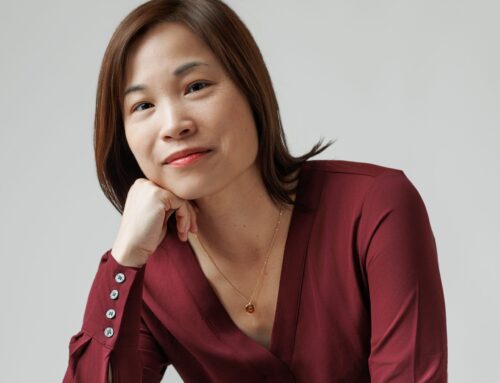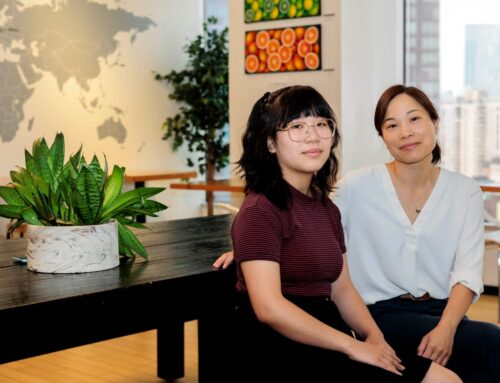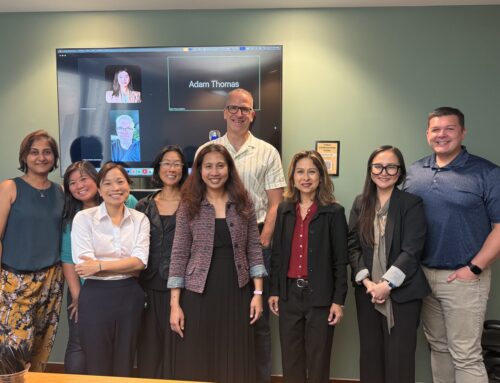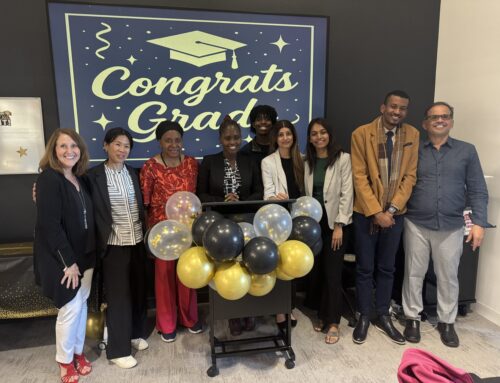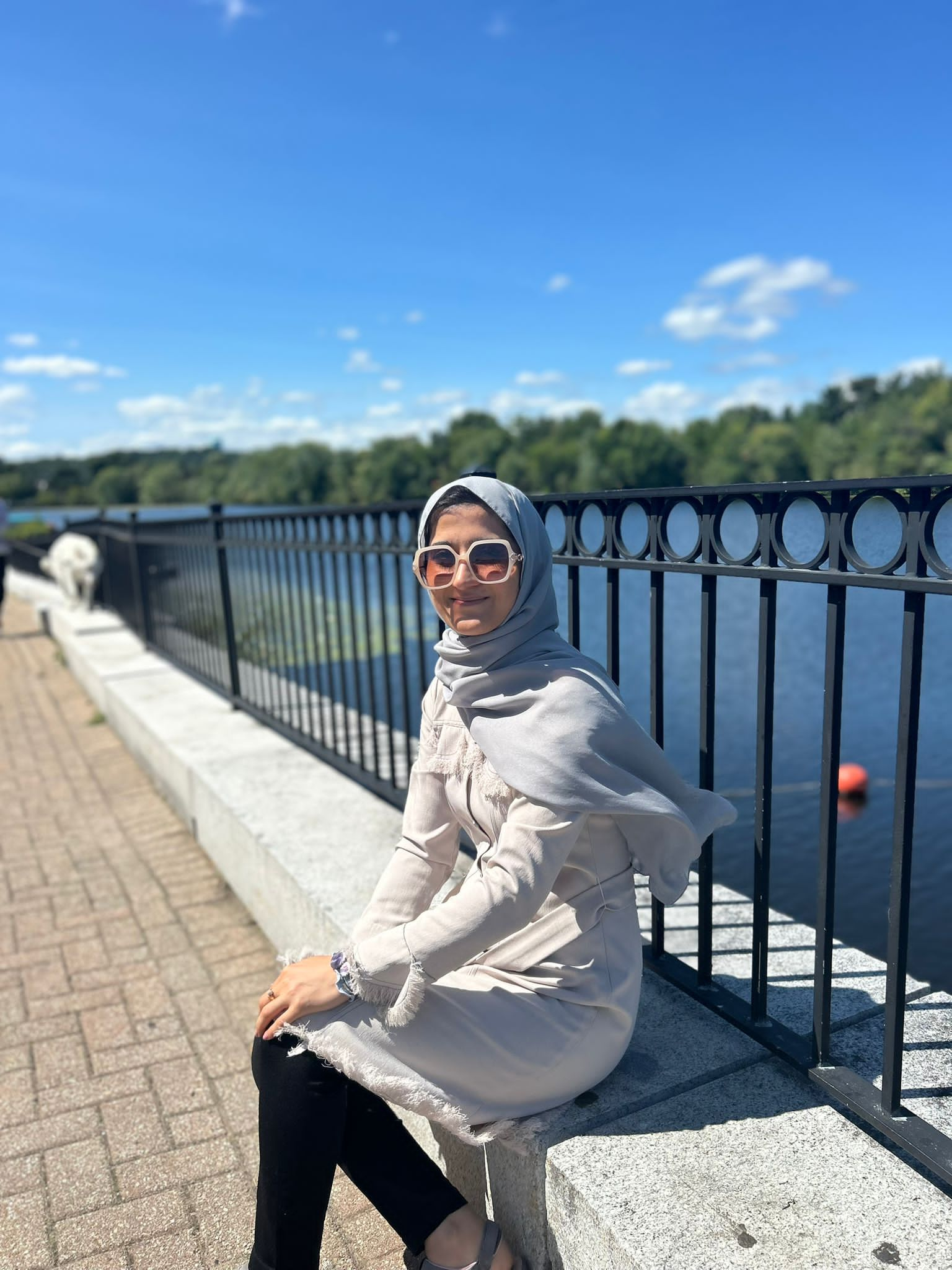 “It’s okay to not be okay,” Somaya Ahmady tells her clients, many of whom are immigrants, refugees, people of color and predominantly from historically marginalized communities. “Your mental health matters, and seeking support is a sign of strength, not weakness.”
“It’s okay to not be okay,” Somaya Ahmady tells her clients, many of whom are immigrants, refugees, people of color and predominantly from historically marginalized communities. “Your mental health matters, and seeking support is a sign of strength, not weakness.”
For many, “mental health” evokes a quiet struggle, one often waged behind closed doors, especially in Asian, immigrant, and other marginalized communities where seeking support can feel like a luxury. Stigma, language barriers, systemic inequities, cultural expectations, and the weight of displacement or persecution compound the silence.
July marks Minority Mental Health Awareness Month and the statistics are stark. Asian Americans are three times less likely to seek mental health care, while depression and anxiety rates surge in immigrant communities, yet treatment remains out of reach. This is the reality Somaya Ahmady faces daily as a case manager at Eliot Community Human Services.
“I have a specific number of clients and I manage them – my responsibility is to check in with them on a weekly basis. Unfortunately, many are suffering from depression and schizophrenia,” she explains, her voice heavy with lived experience, as an immigrant woman from Herat, Afghanistan, navigating economic hardship herself.
Somaya’s journey began with our Community Health Worker Training Program, where she gained the skills to lead with compassion and a belief that everyone deserves a chance to thrive. “I love my job after the training, this is what I wanted. Professionally I’m learning a lot,” Somaya reflects.
Somaya’s work goes far beyond traditional case management, providing housing support, food assistance, and financial aid while tending to the deeper wounds of mental illness. Many of the conditions, she notes, stem from childhood trauma that echoes across generations.
The work is humbling and demanding. Her passion is clear, but what sets her apart is not just clinical skill, it’s the deep empathy and active listening she honed in our CHW training. She makes clients feel seen and heard, creating space for stories shaped by cultural stigma, language barriers, and the shame that often surrounds mental health.
“No one should face these challenges alone. With the right resources, care, and commitment, recovery and stability are possible. You deserve dignity, respect, and access to the tools that can help you lead a fulfilling and meaningful life.”
This isn’t just a story – it’s a manifesto for change.
As we mark Minority Mental Health Awareness Month, Somaya’s journey reminds us that transformation begins one conversation, one client, one act of radical acceptance at a time.
She doesn’t just tell her clients they matter – she proves it, week after week, through presence and persistence. By redefining what it means to seek help, she’s showing that mental wellness and cultural identity can coexist and that asking for support is a powerful act of strength.
Want to make a difference in your community? Start your healthcare journey with our Fall CHW Training!
Apply today: awfh.org/Fall25Application

